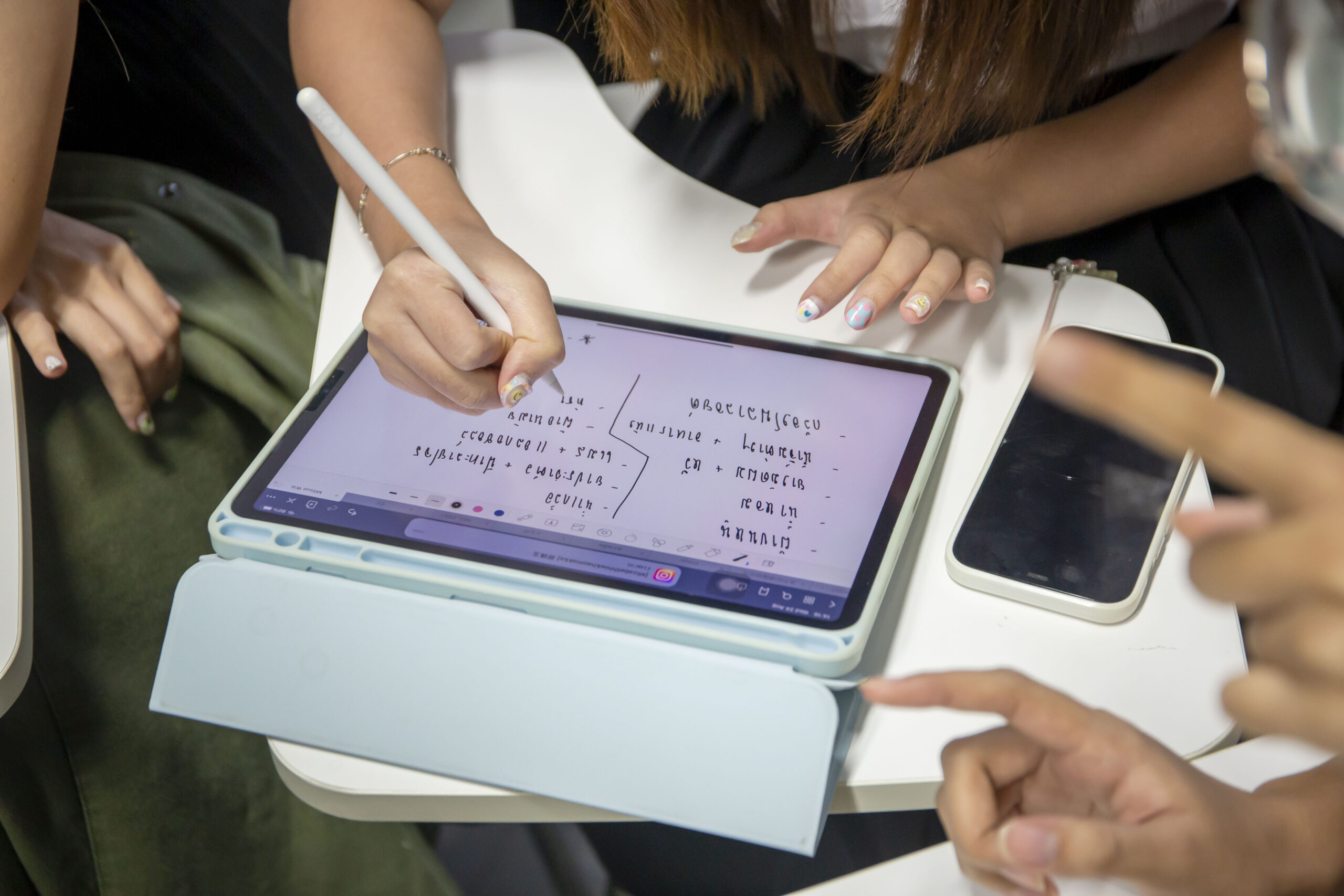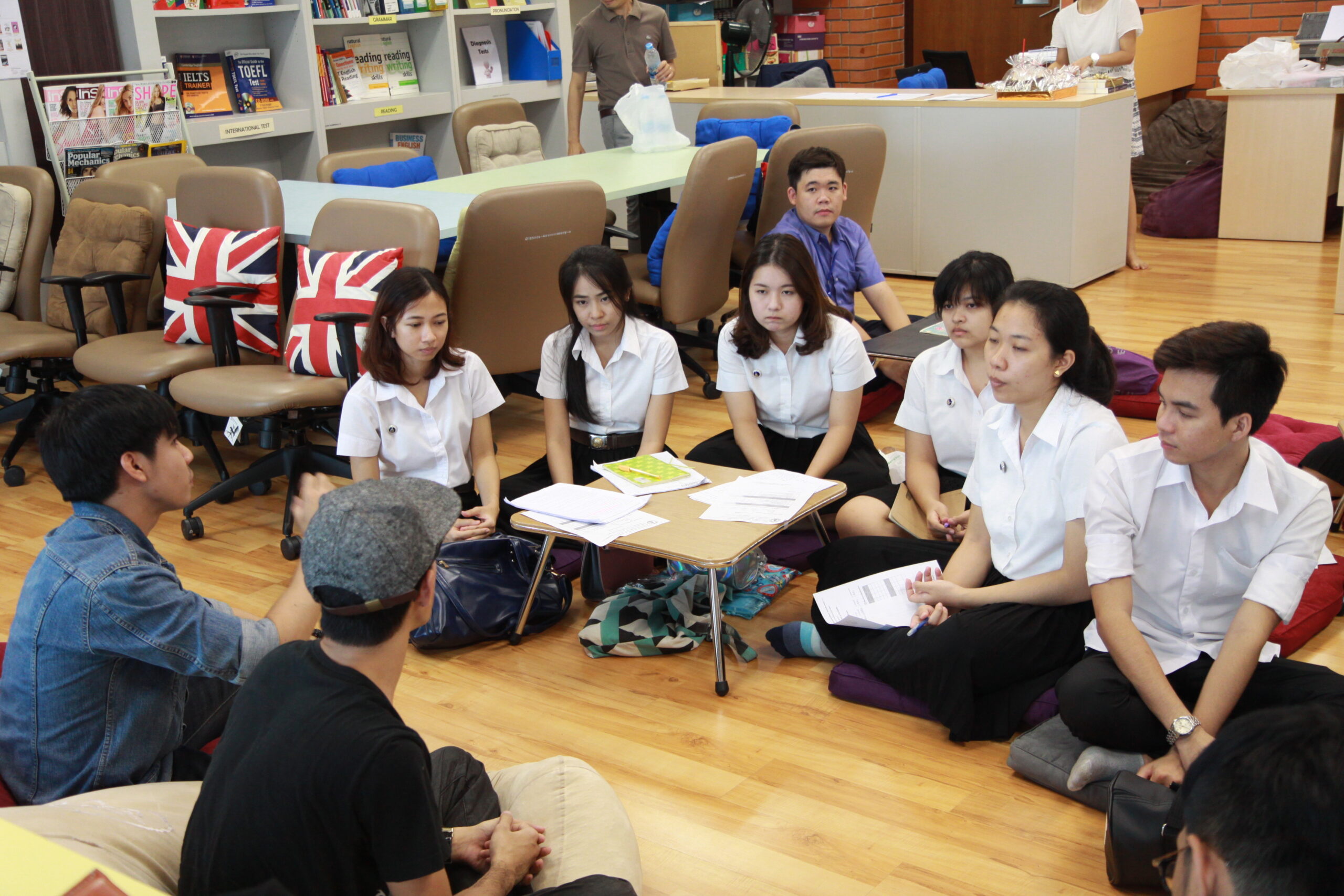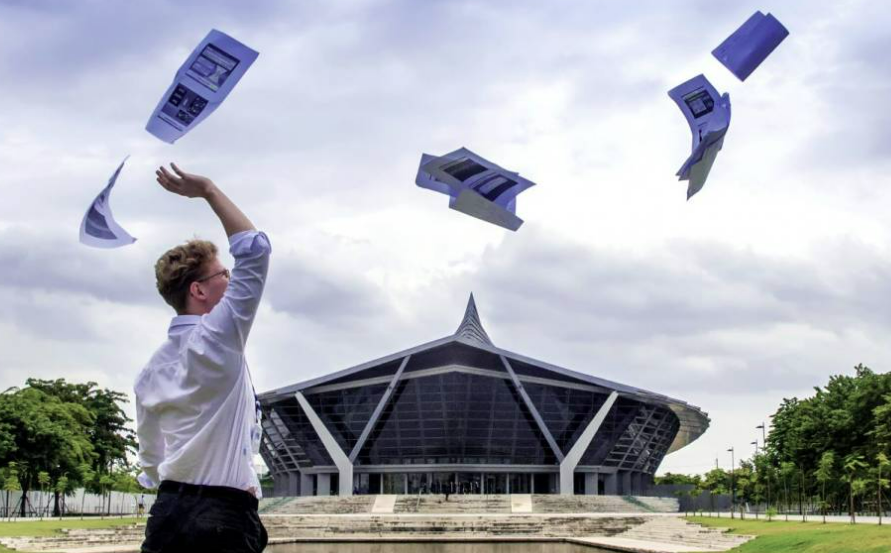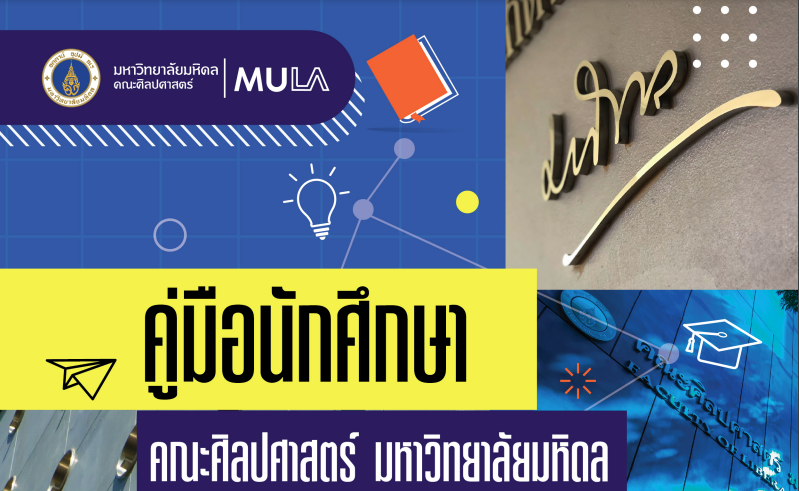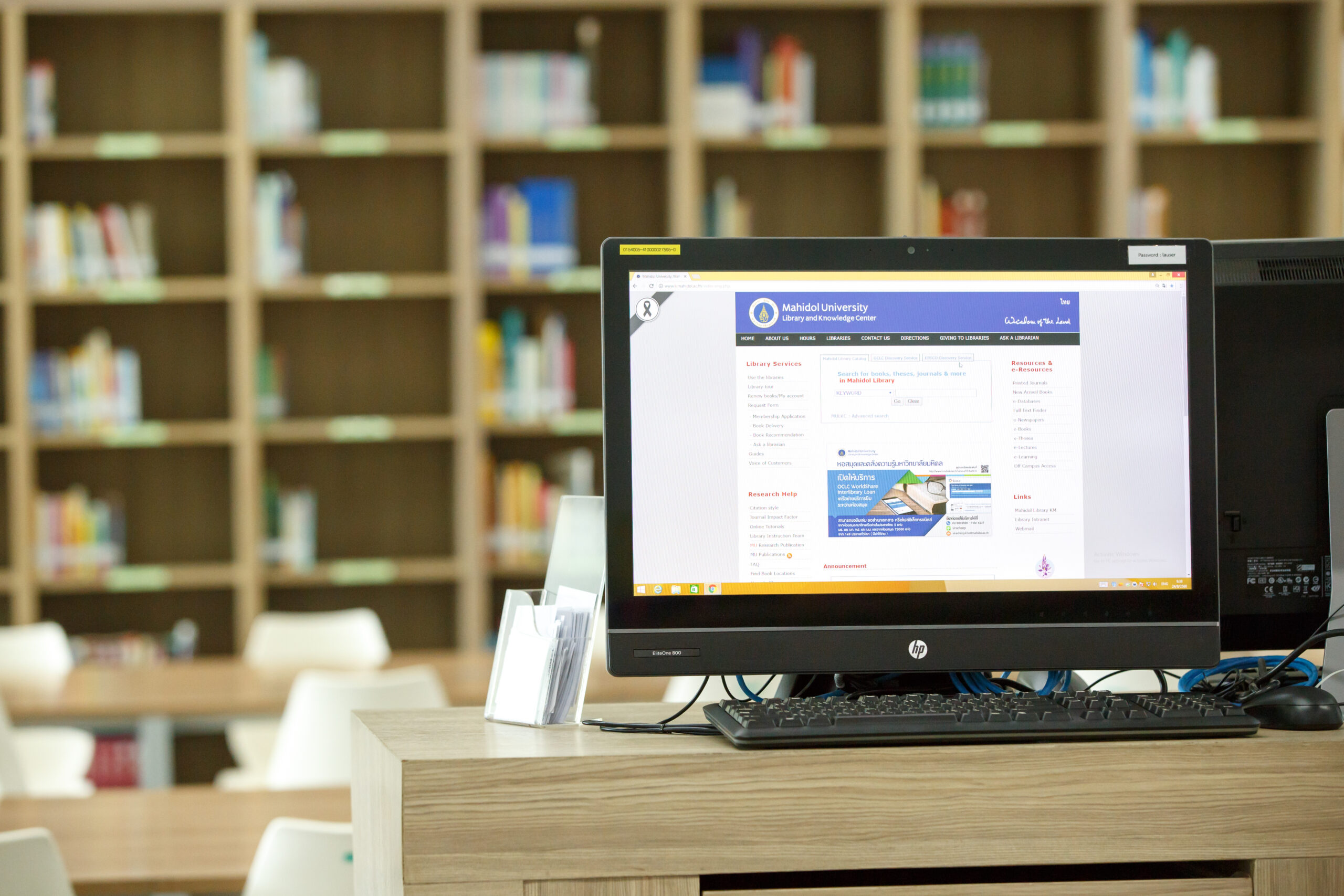Bachelor of Arts Program in Thai
- Bachelor’s Degree Program
- Program Overview
- Program Characteristics
- Future Higher Study and Career
- Program Philosophy
- Generic Competences
- Program Learning Outcomes (PLOs)
- TQF2
Name of the Program
Bachelor of Arts Program in Thai
Name of Degree
Bachelor of Arts (Thai)
Type of Program
Academic Bachelor’s Degree Program
Numbers of credit
Total credits throughout the program must be at least 123 credits.
Duration of study / Program cycle
This is a bachelor’s degree program (4 years) according to the announcement of the Commission on Higher Education Standards on criteria for bachelor’s degree programs in the year 2022.
Program status and teaching schedule
This is a revised curriculum in the year 2022, based on the Bachelor of Arts program in Thai language (revised curriculum in 2018).
Effective from the first semester of the academic year 2022 onwards.
Degree Conferment
The degree is conferred in only one major.
Degree-Conferring Institution (in collaboration with other institutions)
Mahidol University
Goals
The program aims to produce graduates with knowledge and proficiency in the Thai language, along with the possession of the desired characteristics as specified by Mahidol University. Graduates should be able to adapt well to societal and modern technological changes. They will use their knowledge and skills in communication and cultural competence to bridge the gap between “people” and “knowledge,” solving problems for themselves, society, and contributing to the country’s development.
Objectives
The goal of the program is to cultivate graduates who:
- demonstrate knowledge, understanding, and skills in the core subjects of the Thai language, following the standards set by the Office of the Higher Education Commission for Bachelor’s degree qualifications in Thai language;
- possess advanced knowledge and skills to excel in careers related to communication, mass communication, and content creation, as well as other professions that require proficiency in the Thai language;
- demonstrate critical thinking and creative thinking by integrating knowledge in the Thai language to solve problems and elevate the quality of life for both oneself and others;
- have the potential to work collaboratively with others, both as a leader and a member of a group, respecting diversity in society and culture;
- possess learning skills and the ability to keep pace with the changing world, using technology for communication, research, and lifelong learning appropriately;
- uphold morality, ethics, and academic integrity.
Program characteristics
The Thai Program has distinctive characteristics as follows:
- Providing students with extensive knowledge in the Thai language, covering language skills, Thai language in mass communication, linguistics, Thai literature, folklore, and teaching Thai as a foreign language. There is a complete set of required courses aligned with these skill groups.
- There are elective courses categorized into specific skill groups, providing students with the flexibility to choose based on their aptitudes and interests. These skills can be applied in their careers or pursued further in graduate studies. The skill groups include Thai language skills, Thai language in mass communication, linguistics, Thai literature, folklore, and teaching Thai as a foreign language.
- The group of elective courses and minor courses within the curriculum is designed to connect the knowledge of the Thai language with other disciplines in an interdisciplinary manner.
- There are learning outcomes that aim to produce graduates and contribute to the development of human resources in the country. These outcomes align with the desired characteristics of Mahidol University graduates, emphasizing the development of digital skills, critical thinking, creative and innovative thinking, and lifelong learning skills.
- Having a team of fully competent instructors with expertise in all specialized areas, including both compulsory and elective courses, as well as minor courses.
Education system
Conducted in a credit-based semester system.
Possible careers
Graduates who successfully complete Thai Program can pursue various careers, including:
- Academic and teaching professionals, such as researchers, data analysts specializing in the Thai language, academics, educational personnel, and instructors of Thai language for foreign learners
- Organization personnel, such as public relations officers, secretaries, and human resources officers
- Mass media and content creation professionals, such as speakers, announcers, journalists, writers, proofreaders, and content creators
Further education
Graduate-level studies in various disciplines, such as Thai language, Thai literature, linguistics, folklore, comparative literature, communication arts, and education, etc.
Educational philosophy
The Bachelor of Arts program in Thai follows a constructivist approach in teaching, aiming to enable students to learn independently from existing knowledge and learning experiences. Emphasizing the Outcome-Based Education (OBE) model, the program seeks to develop graduates with qualities that align with the standards of the undergraduate curriculum in 2022, as set by the Office of the Higher Education Commission. By prioritizing a Learning-Centered approach, the program emphasizes the significance of student learning and aims to cultivate graduates who possess the desired characteristics specified by Mahidol University. Additionally, the program aims to foster the development of graduates who can communicate effectively and express themselves well in the Thai language. They should excel in integrating their knowledge of the Thai language and culture with other relevant disciplines, demonstrate critical thinking, keep abreast of global changes, and uphold ethical principles and morality.
Strategies/guidelines for teaching management
- The curriculum emphasizes teaching management guidelines that are centered around achieving student outcomes in alignment with learning results.
- Designing teaching with fundamental content to advanced knowledge, enabling students to connect and extend knowledge from previous experiences to new ones.
- Prioritizing student learning, the curriculum manages teaching with a focus on fostering student participation and interaction in various learning activities. This is achieved through practice in diverse formats based on principles of Active Learning, such as interactive lectures, discussion/seminar, demonstration, project-based learning, problem based learning, and case-based learning.
Strategies/guidelines for assessing student learning outcomes
- The measurement and evaluation of students must align with the learning outcomes.
- Measuring and evaluating student learning outcomes involves criterion referenced assessment through authentic assessment, formative evaluation, and summative evaluation.
- Scoring rubrics are used with measurement and evaluation tools that possess validity and reliability.
Generic Competences
- Communication and Information Technology Usage: Use language for communication in daily life, seek knowledge, and effectively convey knowledge and ideas. Use information technology and appropriate tools for communication in daily life and work.
- Collaboration with Others: Demonstrate self-awareness and understanding of others, respect and accept diversity among individuals, particularly in social and cultural aspects. Work effectively with diverse individuals and exhibit appropriate leadership qualities.
- Social and Cultural Awareness: Demonstrate knowledge and understanding of ways of life, history, society, culture, wisdom, ethnicity, religion, and diversity in Thai society and societies in other nations, including their relationships with each other. Apply liberal arts knowledge to systematically explain and analyze personal and societal situations and problems.
- Analytical Thinking and Problem Solving: Identify problems, gather information, search for facts, understand and evaluate information, analyze, synthesize, and use reasoning to find answers or solve problems in given situations.
- Lifelong Learning: Strive to acquire knowledge, possess learning skills and abilities to learn and understand interdisciplinary content, identify needs, and set strategies for self-development.
- Moralityand Ethics: Demonstrate moral and ethical behavior aligned with societal values that ideal members of society should possess, such as honesty, responsibility, punctuality, and respect for societal rules, regulations, and norms. Exhibit academic and professional ethics.
- Being cognizant of worldwide circumstances: Stay informed about global situations and adapt to current situations.
Subject-specific Competences
- Knowledge of Thai Language: Possess fundamental knowledge of the Thai language, Thai linguistics, Thai for communication, Thai literature, and folklore. Capable of researching, analyzing, synthesizing, and discussing relevant issues. Proficient in conducting basic research and applying acquired knowledge for advanced professional and educational purposes.
- Advanced Thai Communication: Demonstrate proficiency in utilizing the Thai language and communication methods effectively through various media, suitable for professional contexts, while reflecting a solid understanding of Thai social and cultural contexts. Analyze and critique issues related to Thai communication, addressing them appropriately.
- Ability to Create Works in Language, Literature, and Folklore: Integrate knowledge of the Thai language, literature, folklore, and other disciplines to produce creative works and research to solve problems at the individual, community, and societal levels.
- Morality and Ethics: Utilize language and communication with morality, considering professional ethics and responsibility to society.
Program–level Learning Outcomes: PLOs
Upon completion of the curriculum, graduates will be able to:
PLO 1: analyze and synthesize knowledge of the Thai language, Thai literature, and folklore accurately according to academic principles;
PLO 2: utilize Thai language skills and information technology for communication in professional settings accurately according to academic principles;
PLO 3: create works by integrating knowledge of the Thai language, Thai literature, and folklore accurately according to theoretical principles;
PLO 4: demonstrate a passion for learning, self-development, and lifelong learning;
PLO 5: collaborate effectively with diverse individuals and demonstrate leadership and followership in various situations;
PLO 6: uphold morality, ethics, and academic integrity.
Learning Outcomes for Minor Subject Groups
- Language and Communication Studies Minor Group: Apply theoretical frameworks in communication to create content and explain communication phenomena in society.
- Teaching Thai as a Foreign Language Minor Group: Apply knowledge of language, Thai culture, and teaching principles for teaching Thai as a foreign language.
- English Minor Group: Accurately communicate in English across various situations by adhering to language principles and considering the given context.
- Japanese Minor Group: Communicate correctly in Japanese in daily life, study, and work, following Japanese language and cultural principles.
- Chinese Minor Group: Communicate accurately in Chinese in various immediate situations, adhering to Chinese grammar and achieving the specified objectives.
- History Minor Group: Connect key historical points correctly, aligning them with historical principles.
- Psychology Minor Group: Apply psychological principles and theories in daily life, aligning with objectives and context.
- Philosophy Minor Group: Apply philosophical frameworks in the current social context according to objectives.
Tuition Fee
Tuition Fee
- Included entrance fee for new students
- Included semester fee
- Included program fee
Scholarships
- Mahidol University Scholarships
- Mahidol University Emergency Fund
- Loan for Students in Need
- Educational Loan
- Faculty of Liberal Arts Scholarships
- Faculty of Liberal Arts Development Fund for Graduate Attributes
Honors and Awards
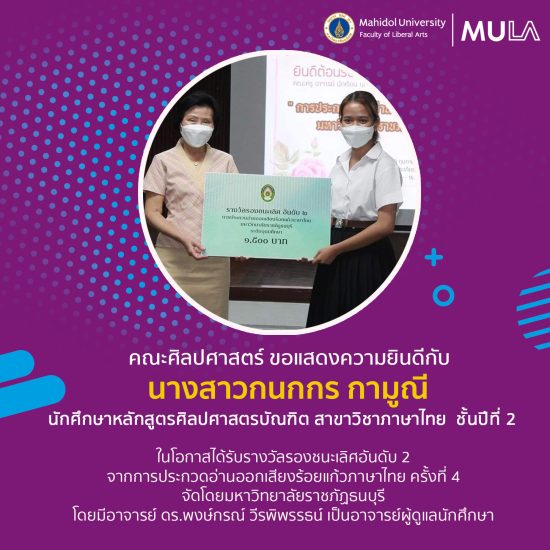
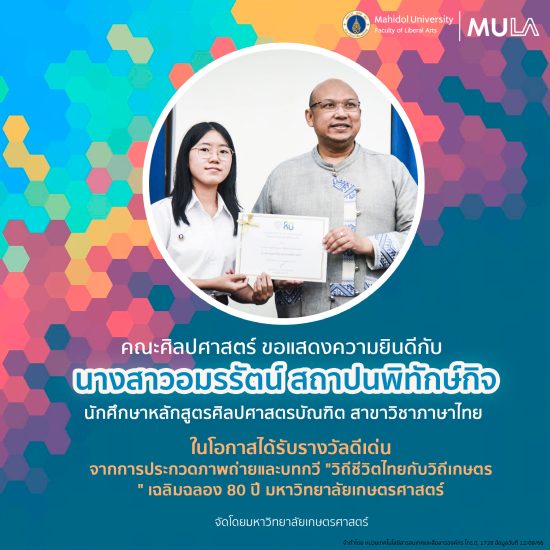
Alumni Testimonials
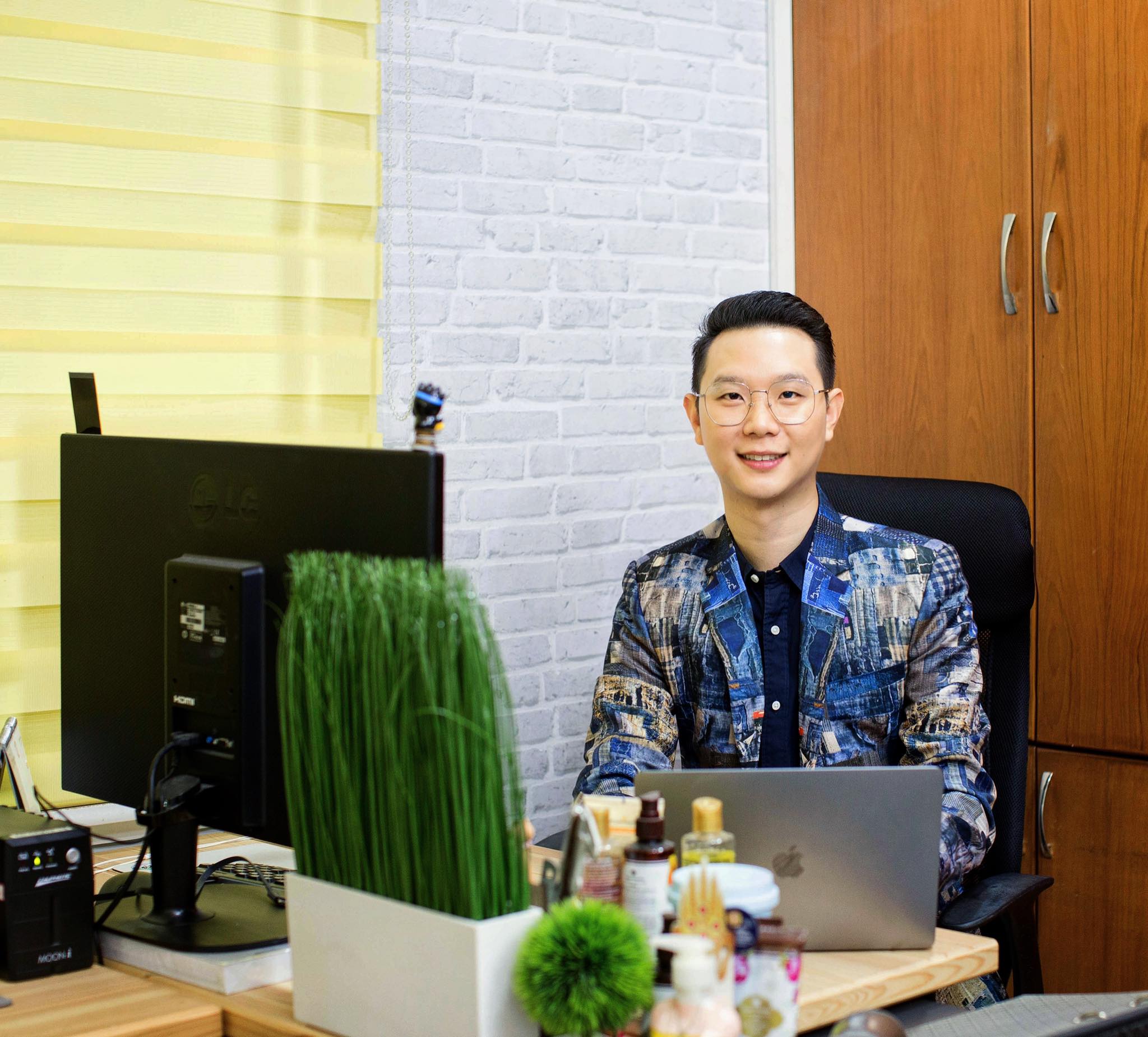

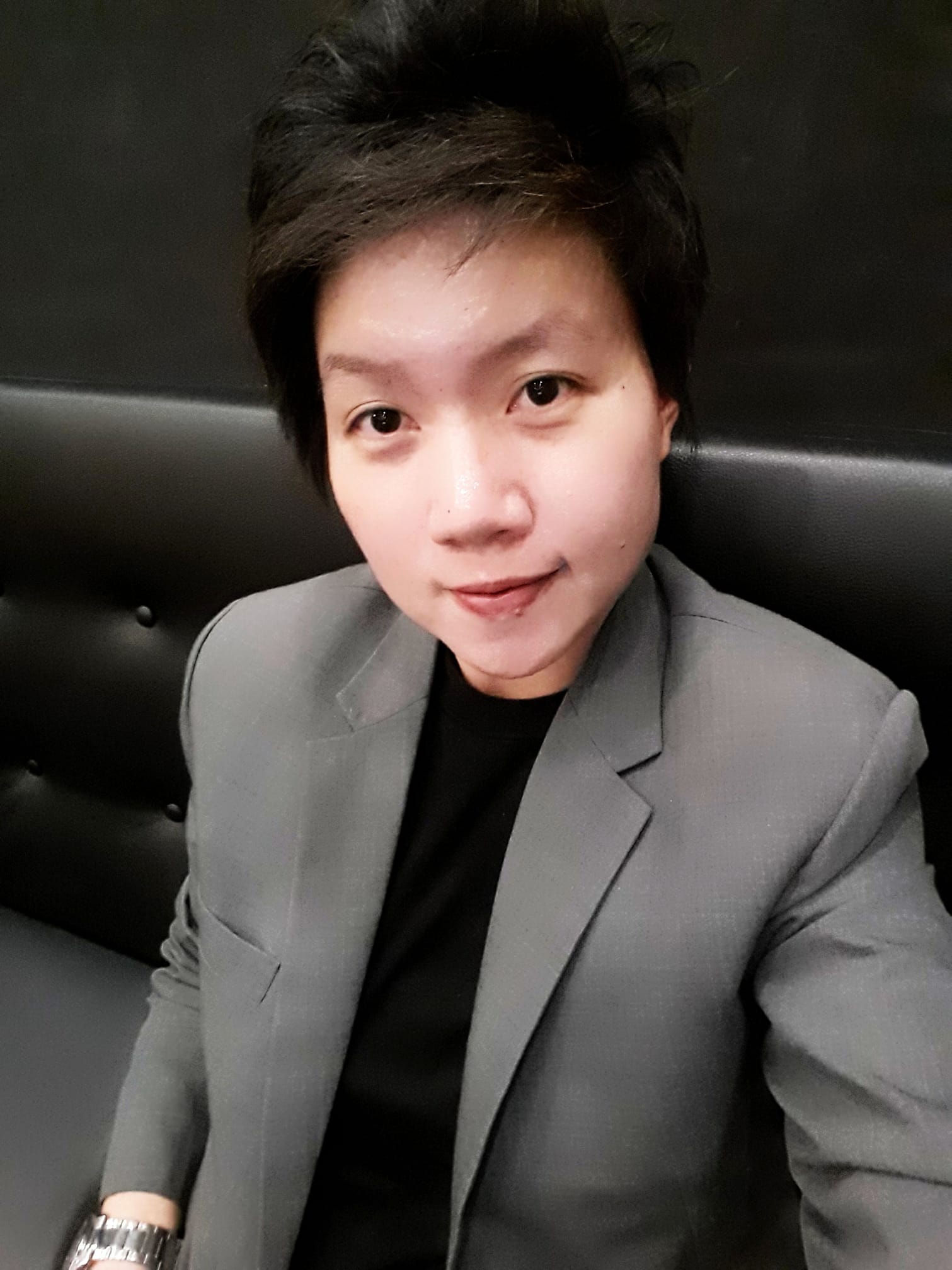
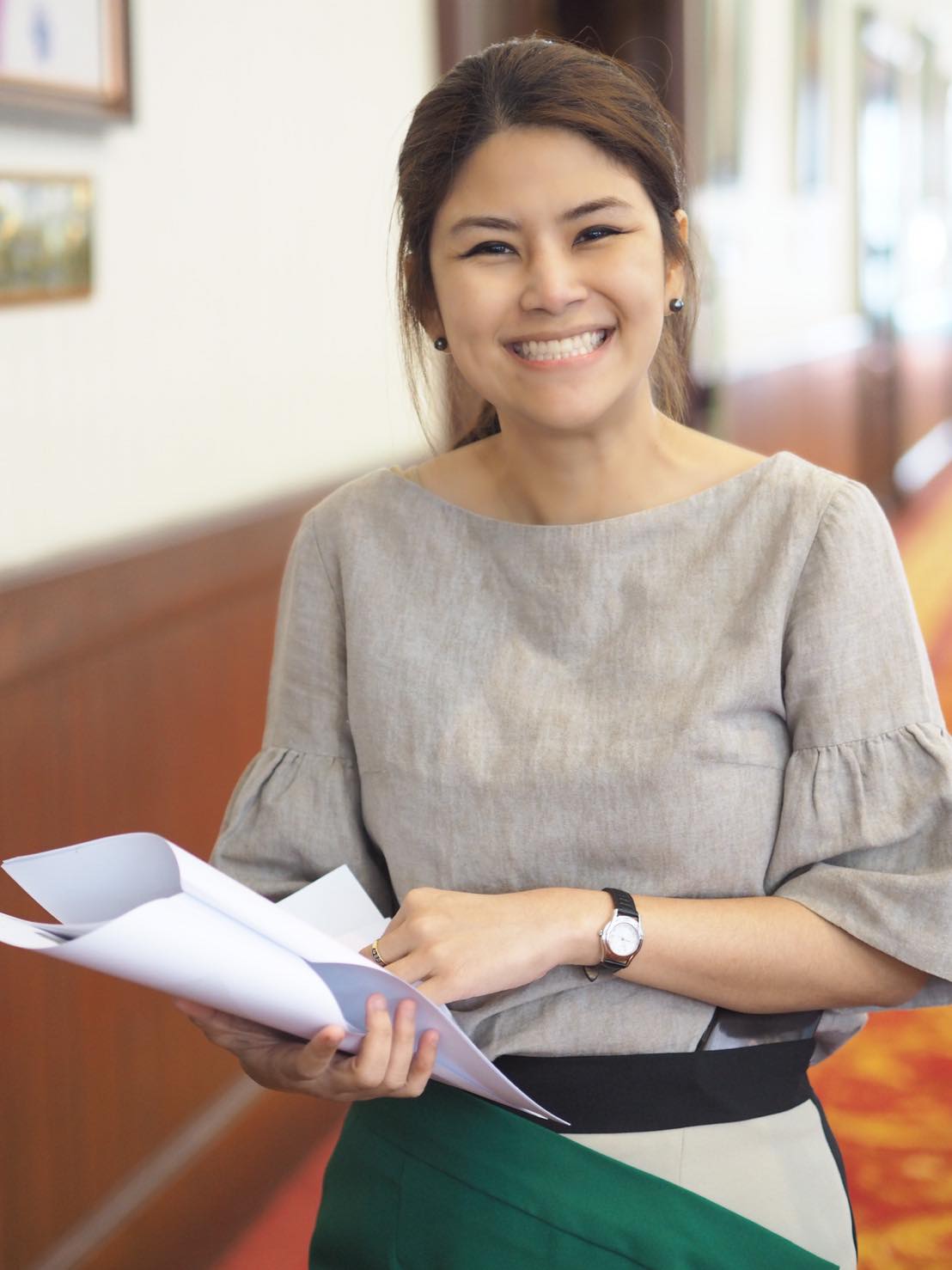
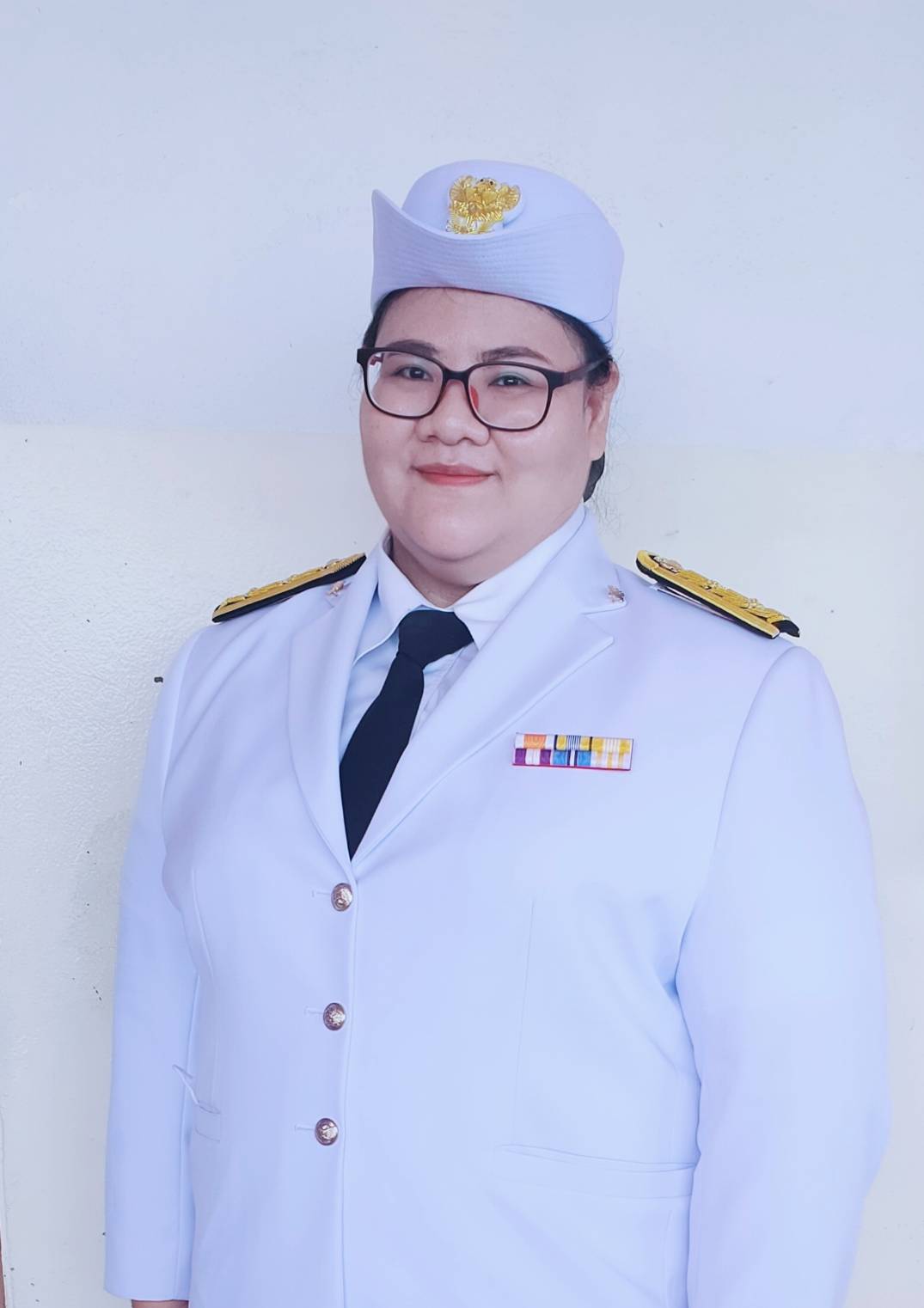




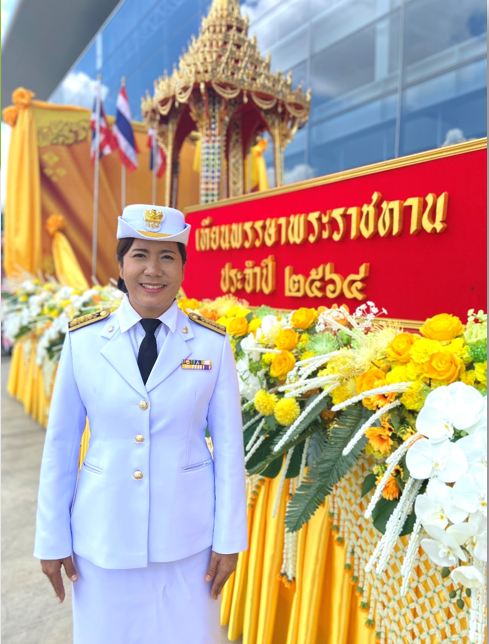

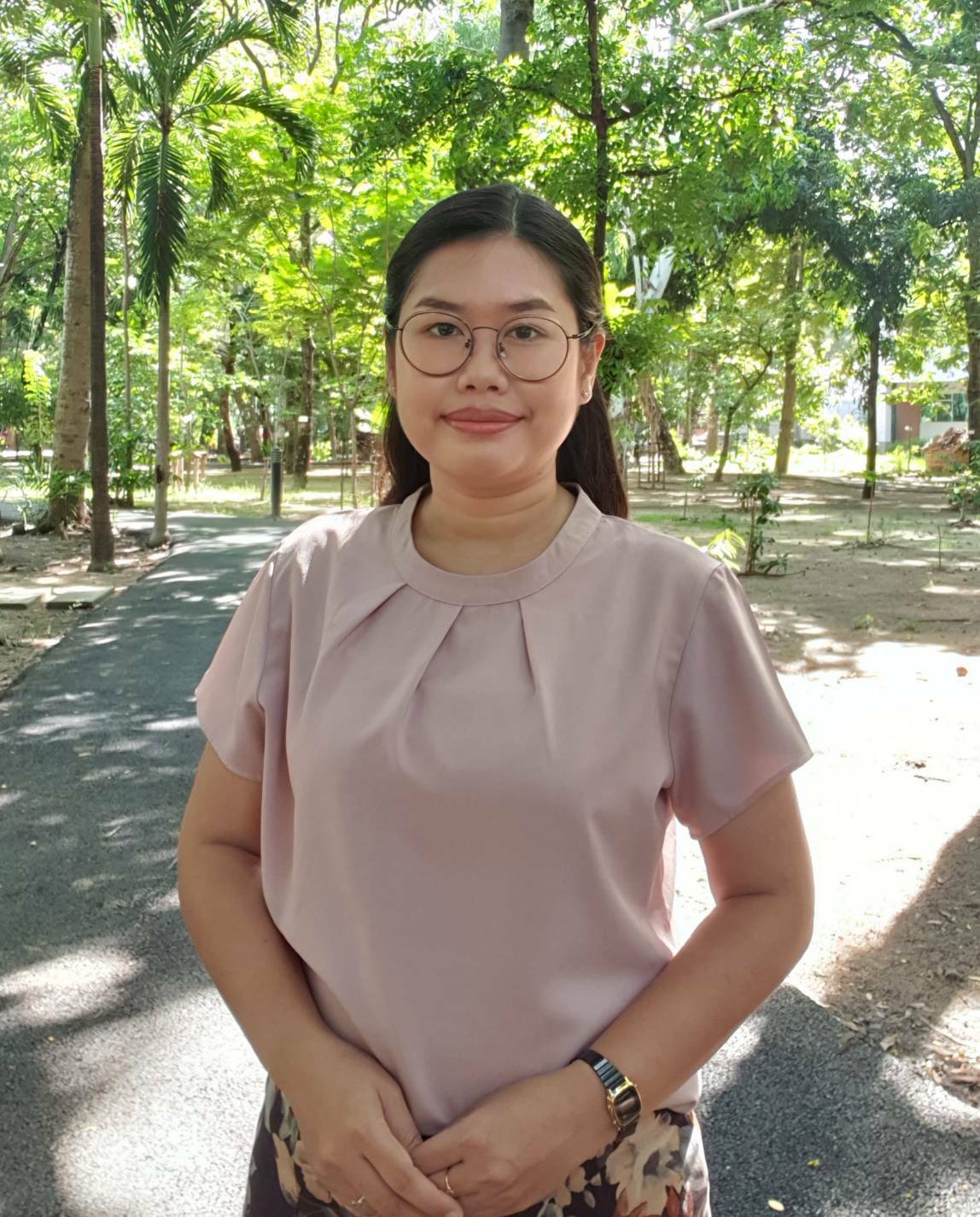
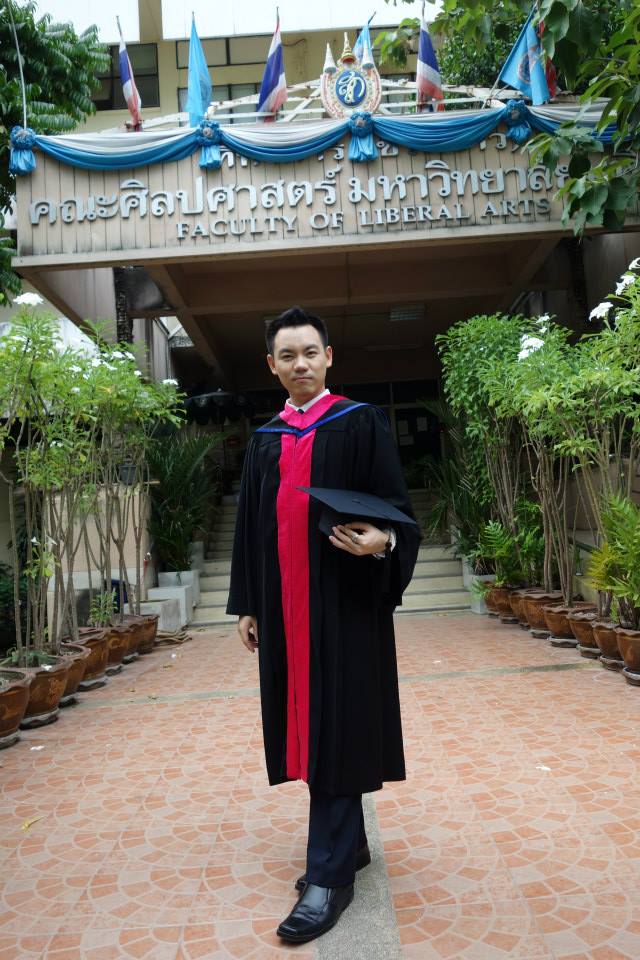






For Further Information
Academic Affairs
- Khun Somruetai, Khun Sangobsuk
- Tel: 02-441-4401-8, ext 1739, 1102

